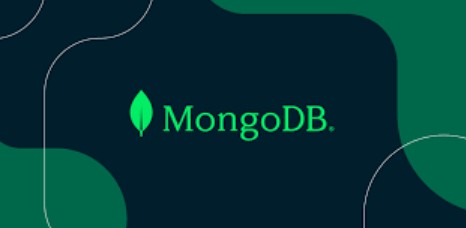MongoDB Overview
MongoDB is a leading NoSQL database known for its flexibility and scalability. It stores data in JSON-like documents, allowing for varied structures and easy data manipulation. MongoDB supports high availability through replica sets and horizontal scaling via sharding. It features a powerful query language, indexes for efficient data access, and a robust aggregation framework
Key Features:
-
Document-Oriented: MongoDB stores data in flexible, JSON-like documents, where fields can vary from document to document and data structure can be changed over time.
-
Scalability: MongoDB is designed to scale out horizontally by using sharding, which distributes data across multiple machines, allowing for high availability and performance.
-
Querying: MongoDB supports rich queries (including field, range queries, regular expression searches) through a powerful and expressive query language.
-
Indexes: Indexes can be created to improve query performance and can include keys from embedded documents and arrays.
-
Aggregation: MongoDB provides aggregation framework for performing aggregation operations such as grouping, sorting, and filtering data.
-
High Availability: MongoDB supports replica sets, which provide redundancy and automatic failover to keep the database running in case of hardware failure or other issues.
-
Schemaless Design: MongoDB does not enforce a predefined schema, allowing for flexibility in data models and easier iterative development.
-
Transactions: MongoDB supports multi-document ACID transactions across one or more documents, ensuring data consistency.
-
Community and Ecosystem: MongoDB has a large and active community, with extensive documentation, tutorials, and third-party tools and libraries.
Use Cases:
- Content Management: Storing and managing content for websites and blogs.
- Real-Time Analytics: Handling large volumes of data and performing real-time analytics.
- Mobile Applications: As a backend database for mobile apps due to its flexible schema and JSON support.
- Internet of Things (IoT): Storing and analyzing data from connected devices.
- Catalog and Content Management: Storing product information and managing digital content.
- User Data Management: Handling user profiles, preferences, and session data.
MongoDB Ecosystem:
- MongoDB Atlas: A fully managed cloud database service provided by MongoDB.
- MongoDB Compass: A graphical user interface for MongoDB to explore, analyze, and interact with data.
- MongoDB Ops Manager: On-premise management platform for MongoDB deployment and monitoring.
- MongoDB Charts: Tool for visualizing MongoDB data.
- MongoDB Stitch: Backend as a Service for MongoDB, enabling serverless application development.
Conclusion:
MongoDB is widely adopted for its flexibility, scalability, and ease of use in developing modern applications. Whether for small-scale projects or enterprise-level applications, MongoDB offers a robust solution for managing and querying data efficiently.
